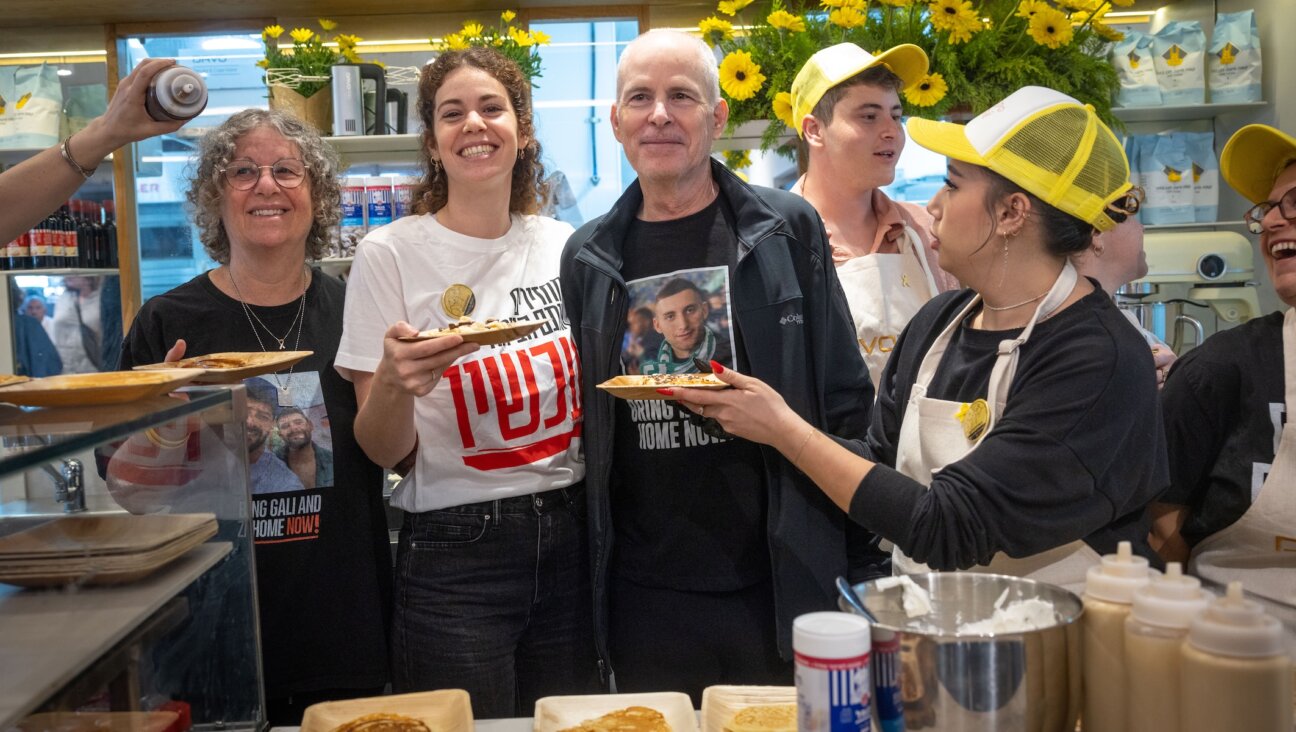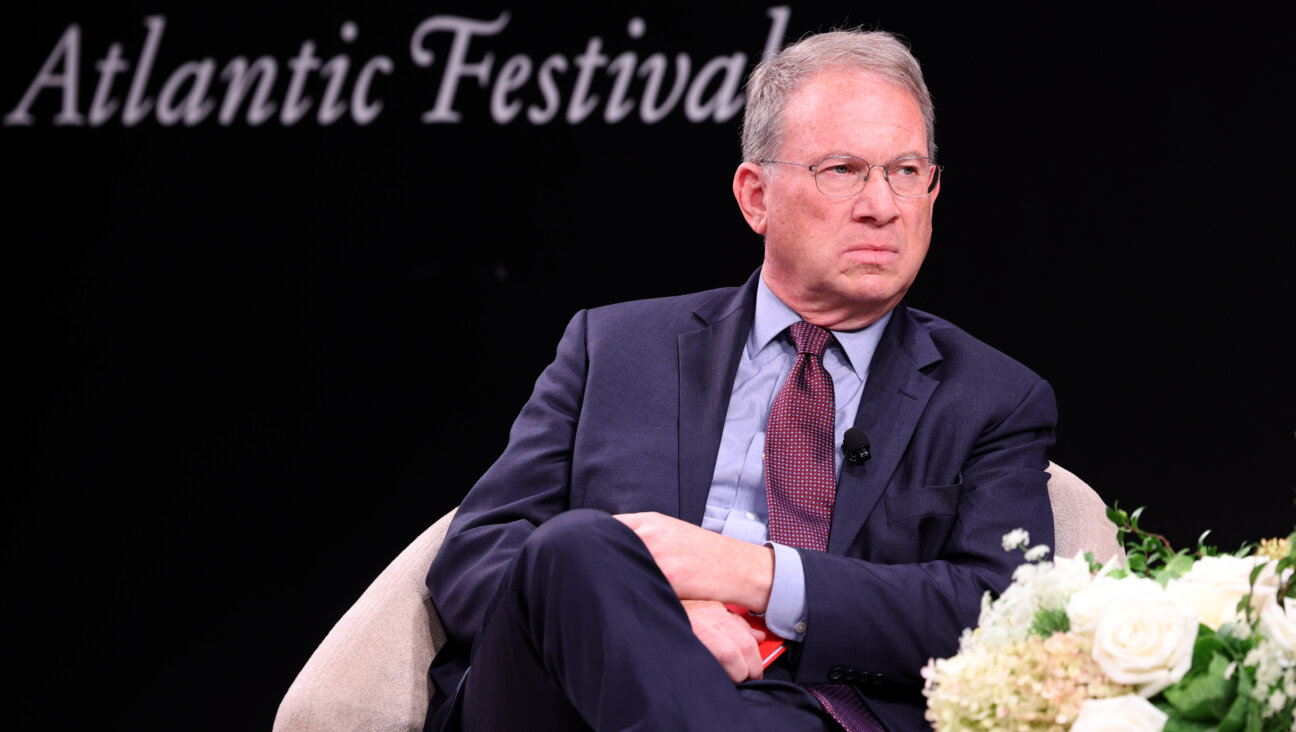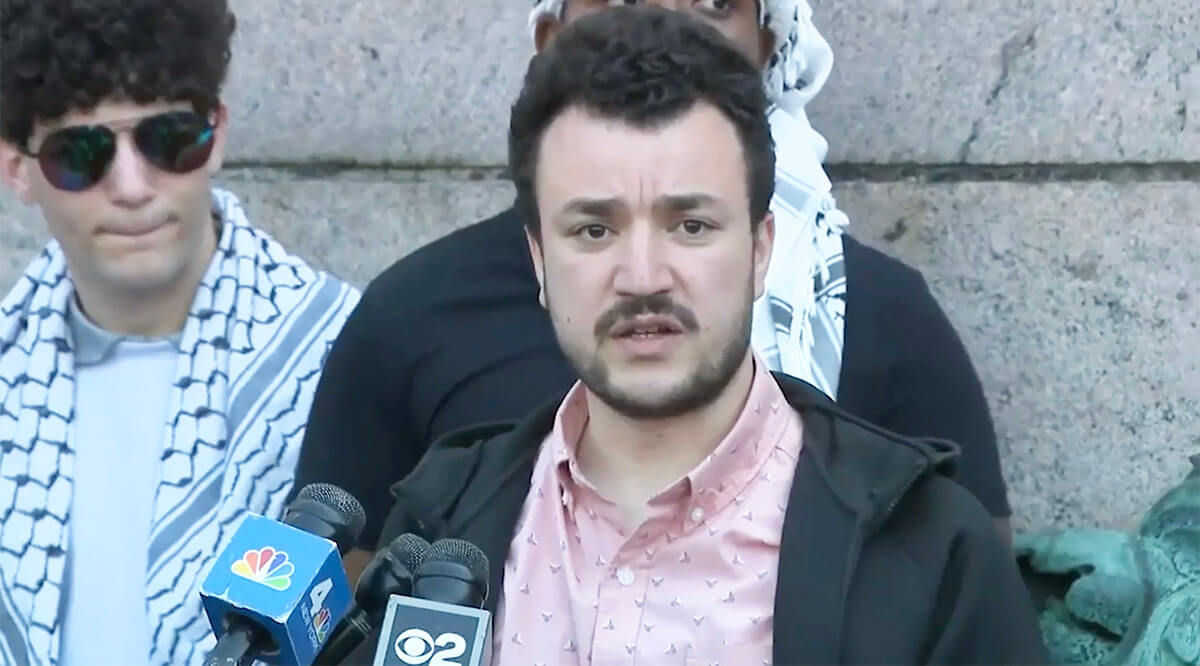White. Gay. Jewish. Rapper?
Andrew Singer is the nicest gay, Jewish, white rapper alive. This isn’t hyperbole. He also happens to be the only gay, Jewish, white rapper alive.
Singer, 25, now lives in Manhattan’s East Village, but his voyage began in Kensington, N.H., about an hour north of Boston. Singer, who attended Hebrew school in Portsmouth, N.H., sees Judaism as an intrinsic part of who he is.
“The music is for everyone and I don’t really rap about being Jewish that much. But I’m not going to act like I’m not Jewish,” said Singer, whose nom de mic is Soce the Elemental Rapper.
And indeed, in some of his songs, Singer will literally thrust Judaism to the foreground. A version of his song “Work/Play,” starts with the words “This is the Bar Mitzvah remix,” before heading into territory too sexually explicit to reprint in here. During live performances, at a pivotal moment in the song, he starts swaying as if in engaged in prayer and chanting over and over, “Today I am a man, Today I am a man.”
The Bar Mitzvah Work/Play remix combines a slow reggae-style beat with a classic Yiddish klezmer melody. “People love the Bar Mitzvah remix,” Singer said. “It takes them back to their youth when they went to their friends’ bar mitzvahs.”
Singer recognizes that his music is not always appropriate for all audiences. At a recent show in a synagogue before an older Jewish audience, he was unsure of how the crowd would respond to songs that were in equal measure Jewish and sexual. To avoid any unpleasantness, he said, he “broke out the violin and started doing a lot of classic Yiddish songs.” Though the response was generally positive, not everyone was thrilled. “There was this whole crew banging a table in the back waiting for the more nasty stuff. They had to come to one of my shows to hear that. I didn’t feel comfortable doing those raps in the basement of the Temple,” Singer said.
When asked what his most memorable show was, Singer points to a Passover revue at the Brooklyn Academy of Music called Seder-Matzochism. “It was supposed to be about struggle and people’s attempts to get freedom,” Singer recalled. So what did he perform? The most offensive song in his musical catalog, the title of which is a sexual act. “Because it was about how I am still in bondage. How I’m still struggling,” he said.
Singer got into hip-hop music in junior high, inspired by a local New Hampshire underground hip-hop radio station. Ironically, his parents listened to the same station on Sunday mornings to a Hebrew show called Chagigah (Hebrew for celebration).
It wasn’t until he finished school and came to New York in 2003, though, that he really started rapping about his own experience as a white, gay, Jewish Ivy Leaguer (he attended Yale) from New Hampshire. “I didn’t use to be this crazy over the top gay rapper until I got here,” he told the Forward over a shwarma in the neighborhood he now calls home. When he started going to hardcore hip-hop open mics, he had to find his own way to distinguish himself. His persona as the first gay, Jewish, white rapper was born.
“I figure if I got on stage and did a rap about how tough I was, people would be like, ‘This guy is a total poseur.’ So instead I rap about who I am. Rap about the Jewish side. The white side. The gay side.”
And, Singer said, people end up responding to his music best when he “keeps it real.”
“The odds of making it as a skinny white MC aren’t that big anyway. So I might as well make it fun, which is playing out the gay and Jewish thing.”
The Forward is free to read, but it isn’t free to produce

I hope you appreciated this article. Before you go, I’d like to ask you to please support the Forward.
At a time when other newsrooms are closing or cutting back, the Forward has removed its paywall and invested additional resources to report on the ground from Israel and around the U.S. on the impact of the war, rising antisemitism and polarized discourse.
Readers like you make it all possible. We’ve started our Passover Fundraising Drive, and we need 1,800 readers like you to step up to support the Forward by April 21. Members of the Forward board are even matching the first 1,000 gifts, up to $70,000.
This is a great time to support independent Jewish journalism, because every dollar goes twice as far.
— Rachel Fishman Feddersen, Publisher and CEO
2X match on all Passover gifts!
Most Popular
- 1

Film & TV What Gal Gadot has said about the Israeli-Palestinian conflict
- 2
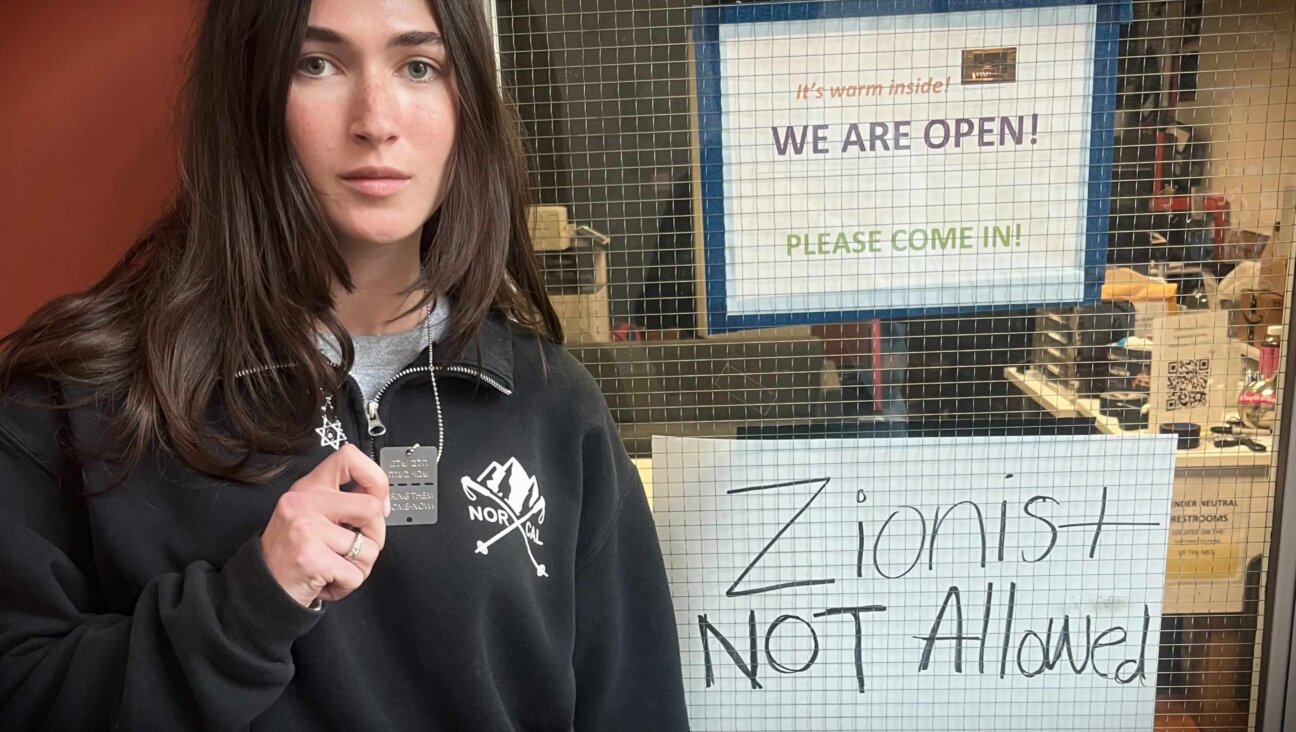
Opinion Is this new documentary giving voice to American Jewish anguish — or simply stoking fear?
- 3

Fast Forward Trump’s antisemitism chief shares ‘Jew card’ post from white supremacist
- 4

News A Jewish Republican and Muslim Democrat are suddenly in a tight race for a special seat in Congress
In Case You Missed It
-

Sports The Trail Blazers let Deni Avdija cook, and minted a franchise player in the process
-

Fast Forward What Mahmoud Khalil says about Gaza and Israel in ‘The Encampments’ documentary
-
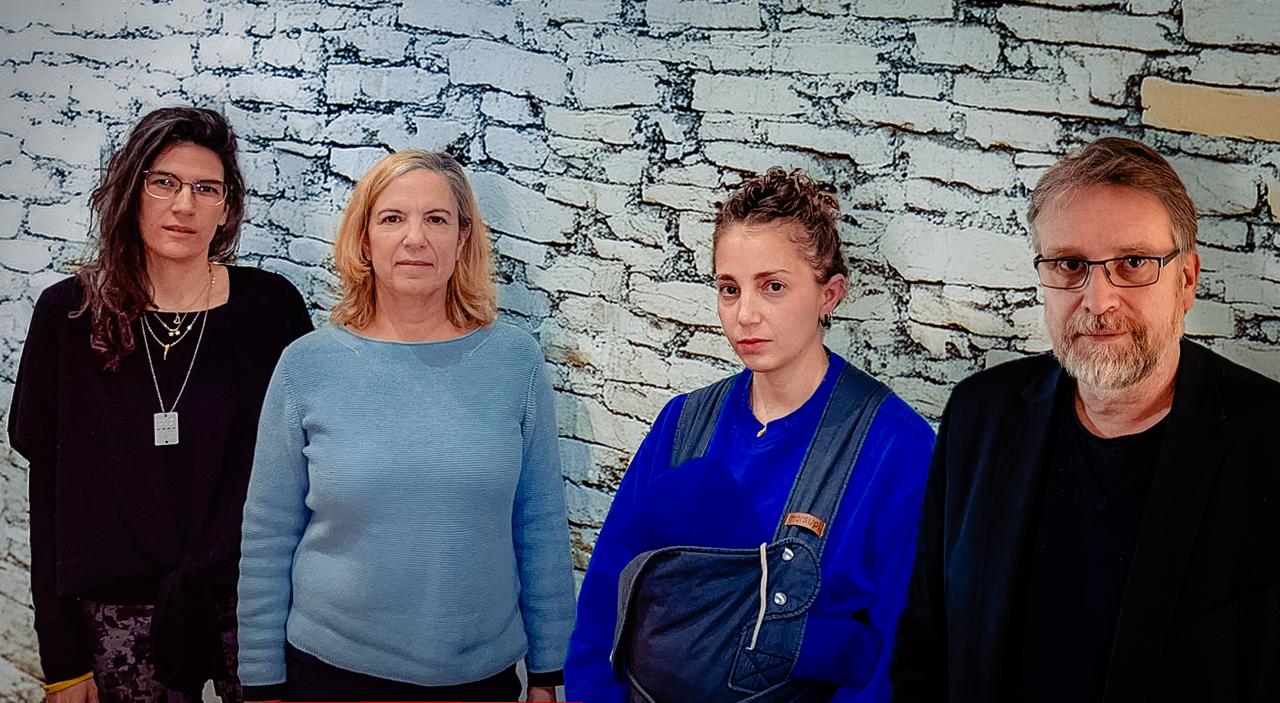
Fast Forward Frankfurt’s Jewish community launches its own sexual abuse hotline amid crises and pressure
-
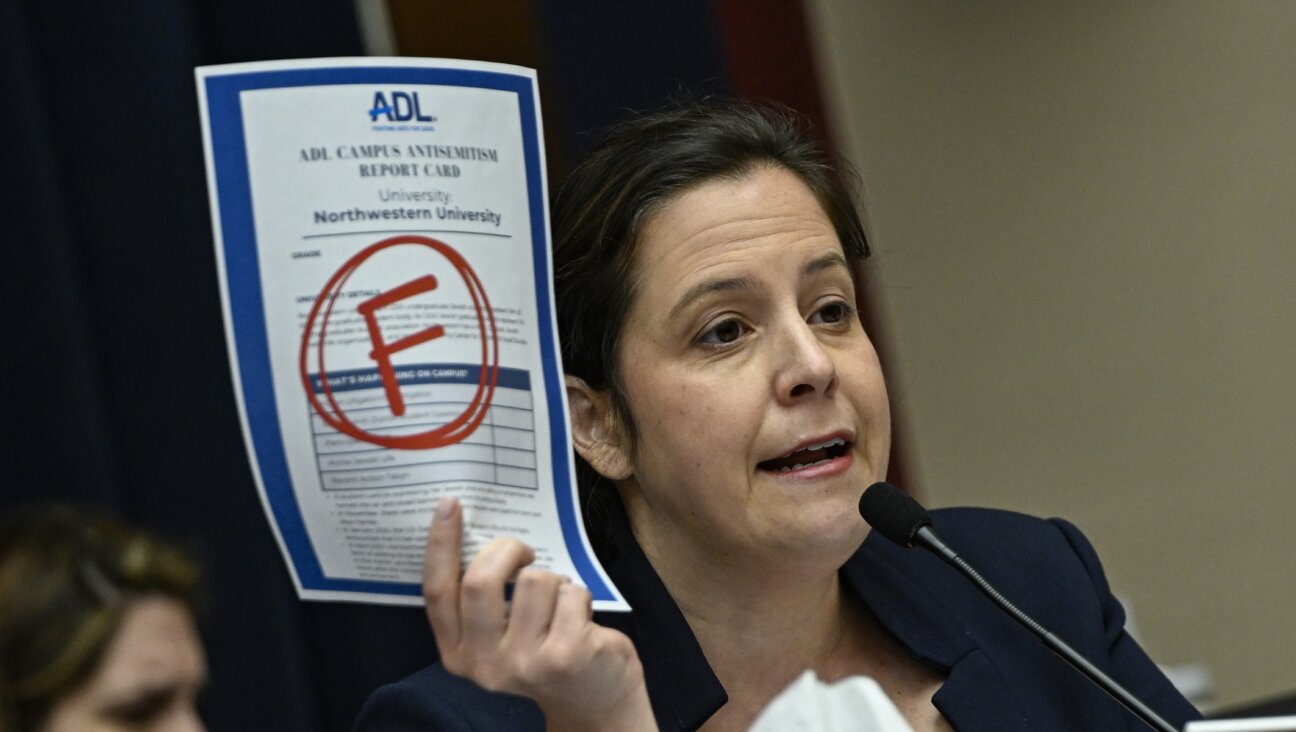
Fast Forward Trump nixes pro-Israel darling Elise Stefanik’s nomination to be UN ambassador
-
Shop the Forward Store
100% of profits support our journalism
Republish This Story
Please read before republishing
We’re happy to make this story available to republish for free, unless it originated with JTA, Haaretz or another publication (as indicated on the article) and as long as you follow our guidelines.
You must comply with the following:
- Credit the Forward
- Retain our pixel
- Preserve our canonical link in Google search
- Add a noindex tag in Google search
See our full guidelines for more information, and this guide for detail about canonical URLs.
To republish, copy the HTML by clicking on the yellow button to the right; it includes our tracking pixel, all paragraph styles and hyperlinks, the author byline and credit to the Forward. It does not include images; to avoid copyright violations, you must add them manually, following our guidelines. Please email us at [email protected], subject line “republish,” with any questions or to let us know what stories you’re picking up.







